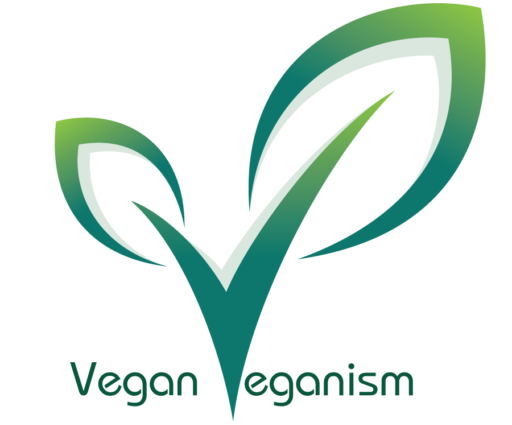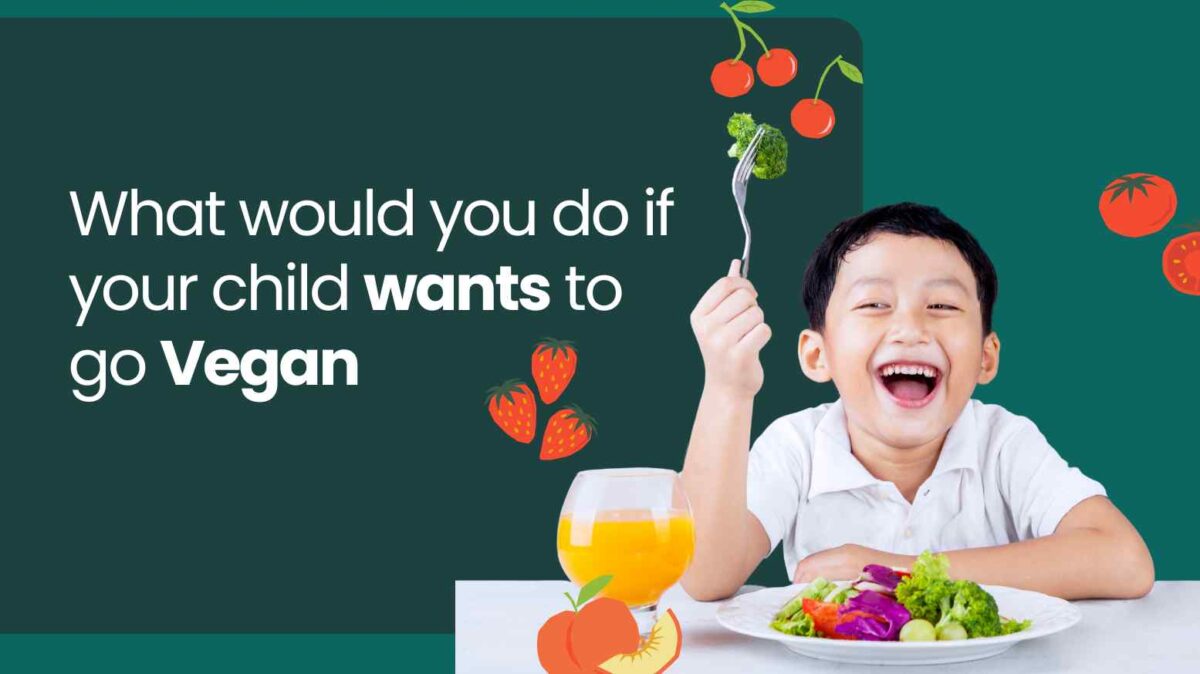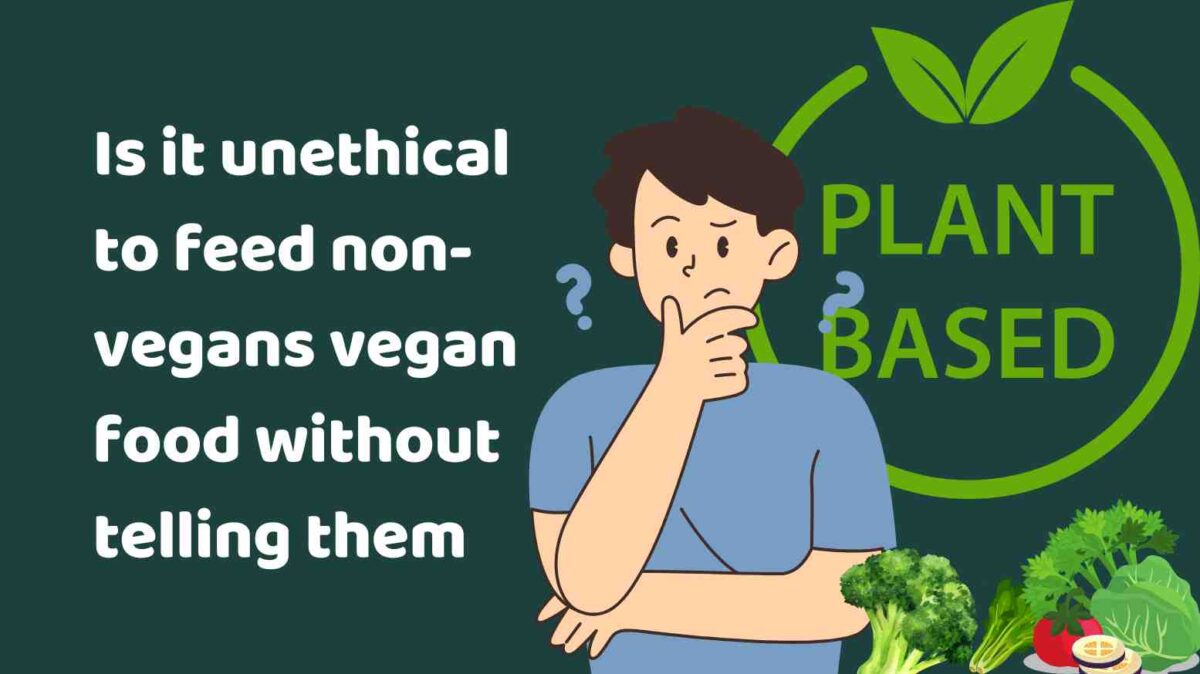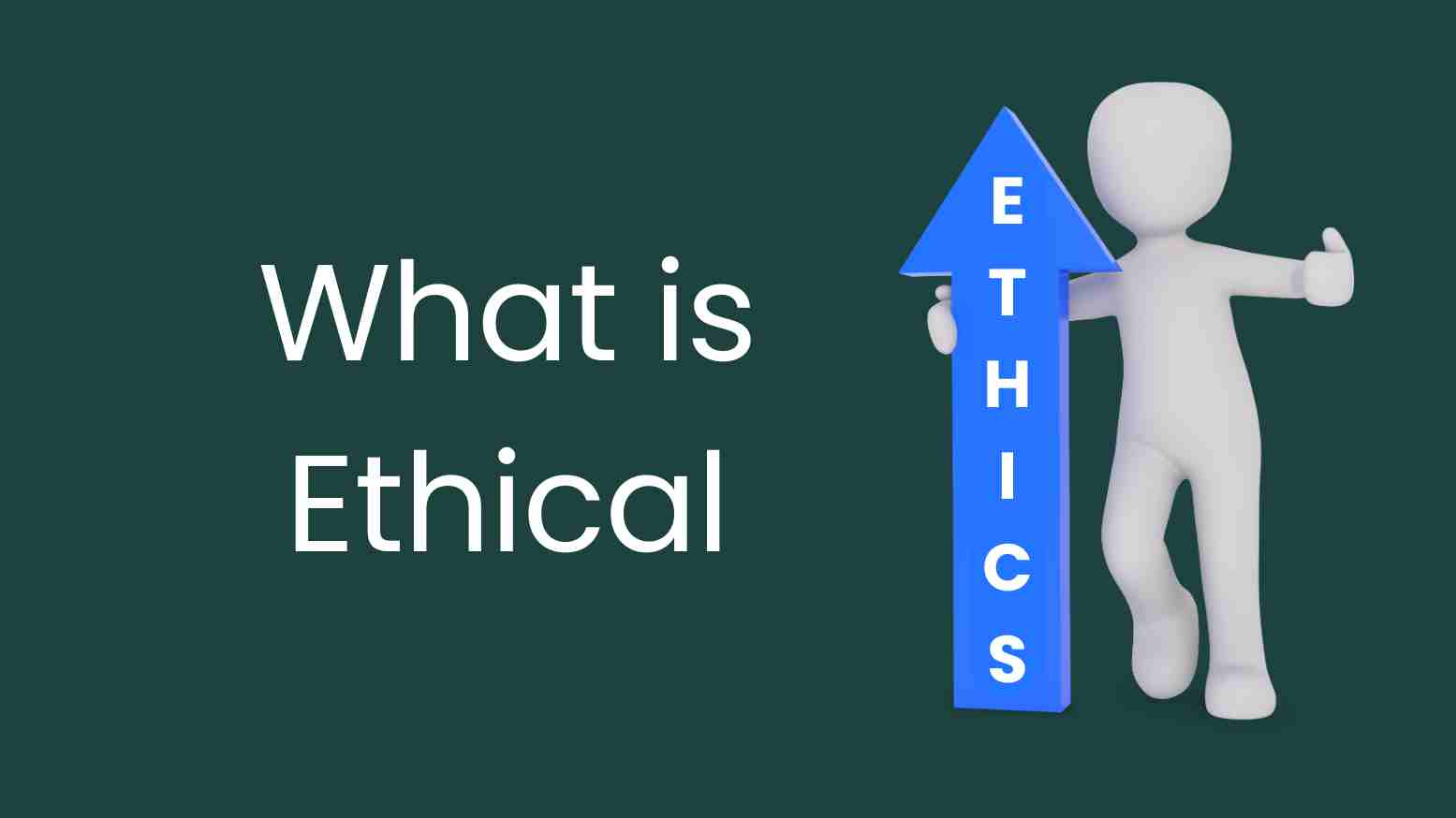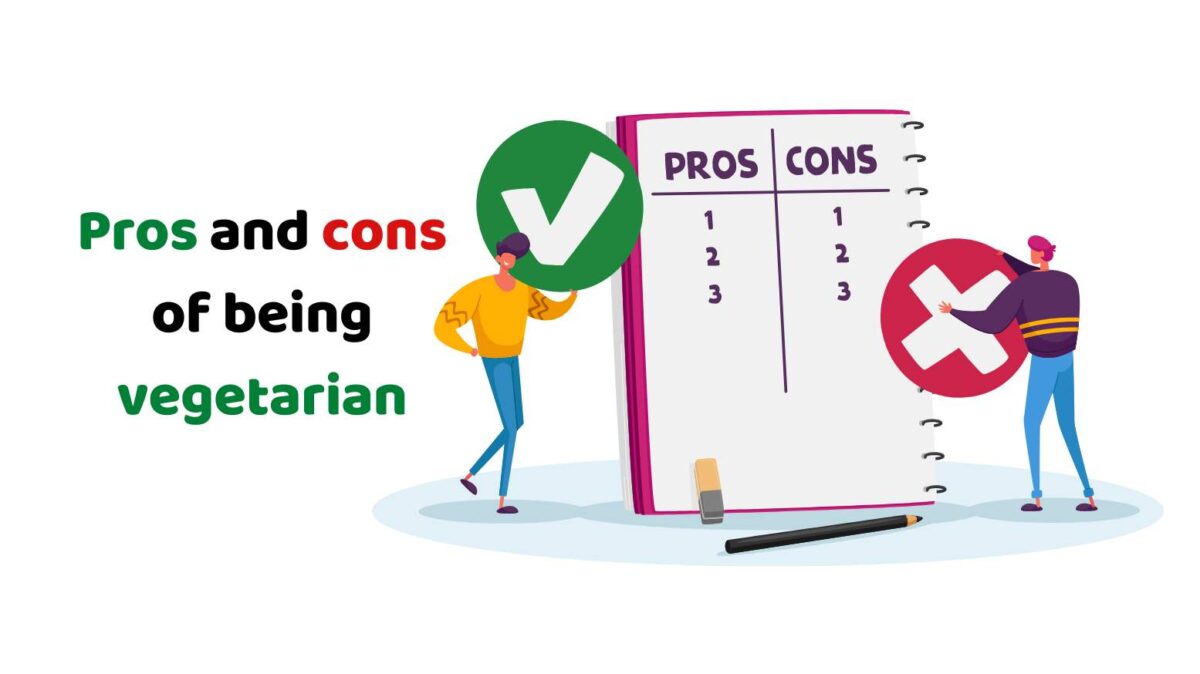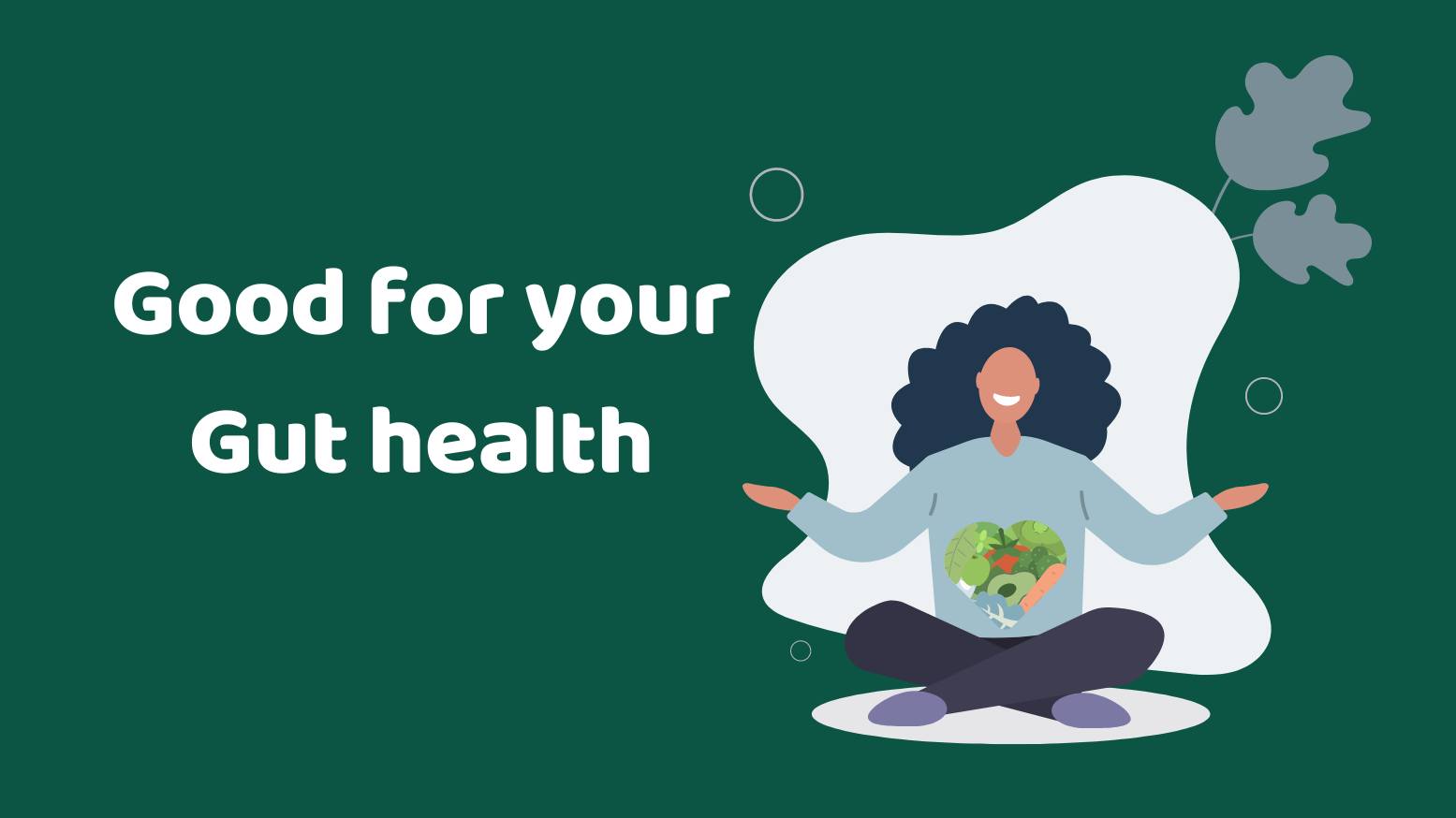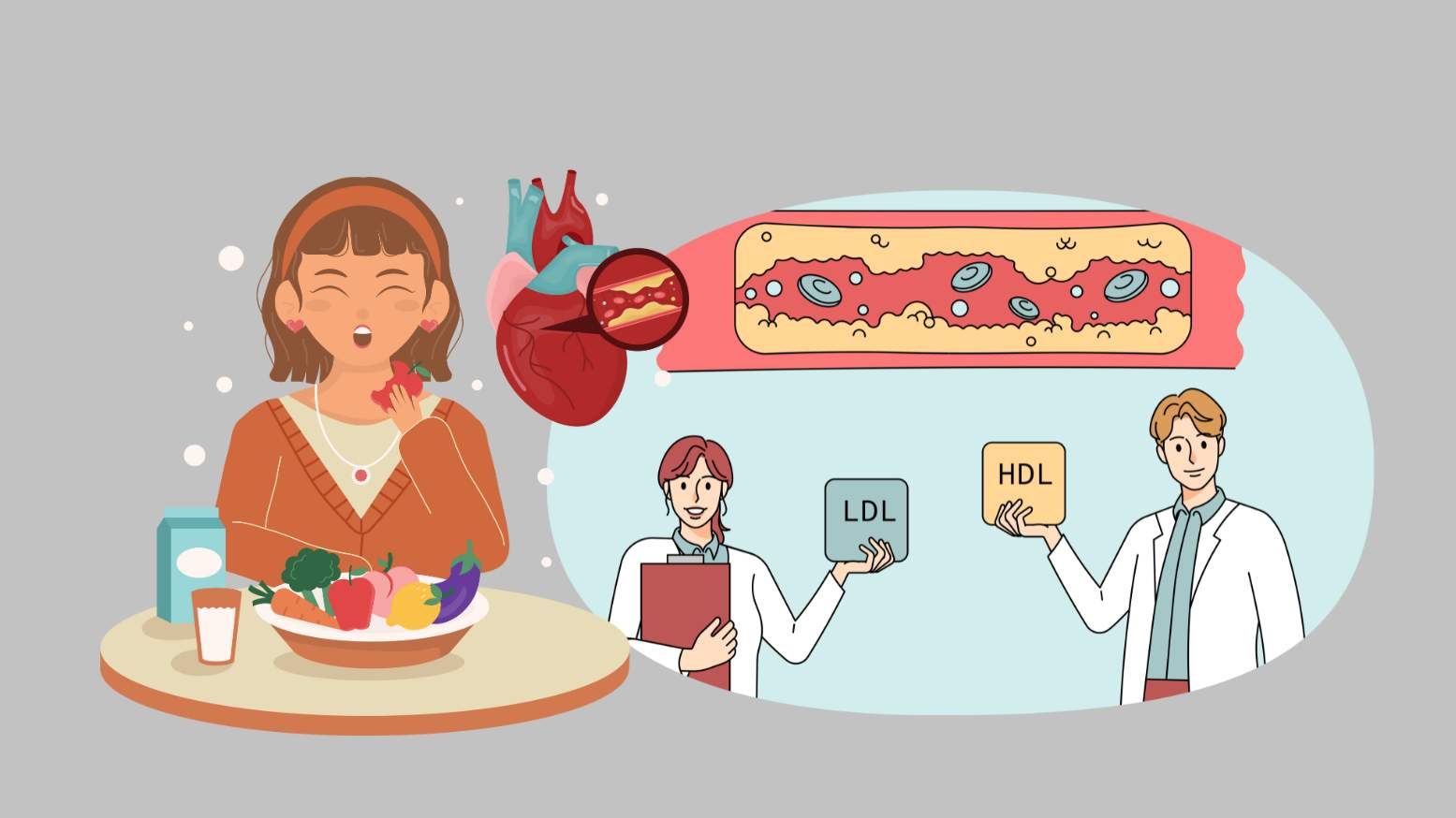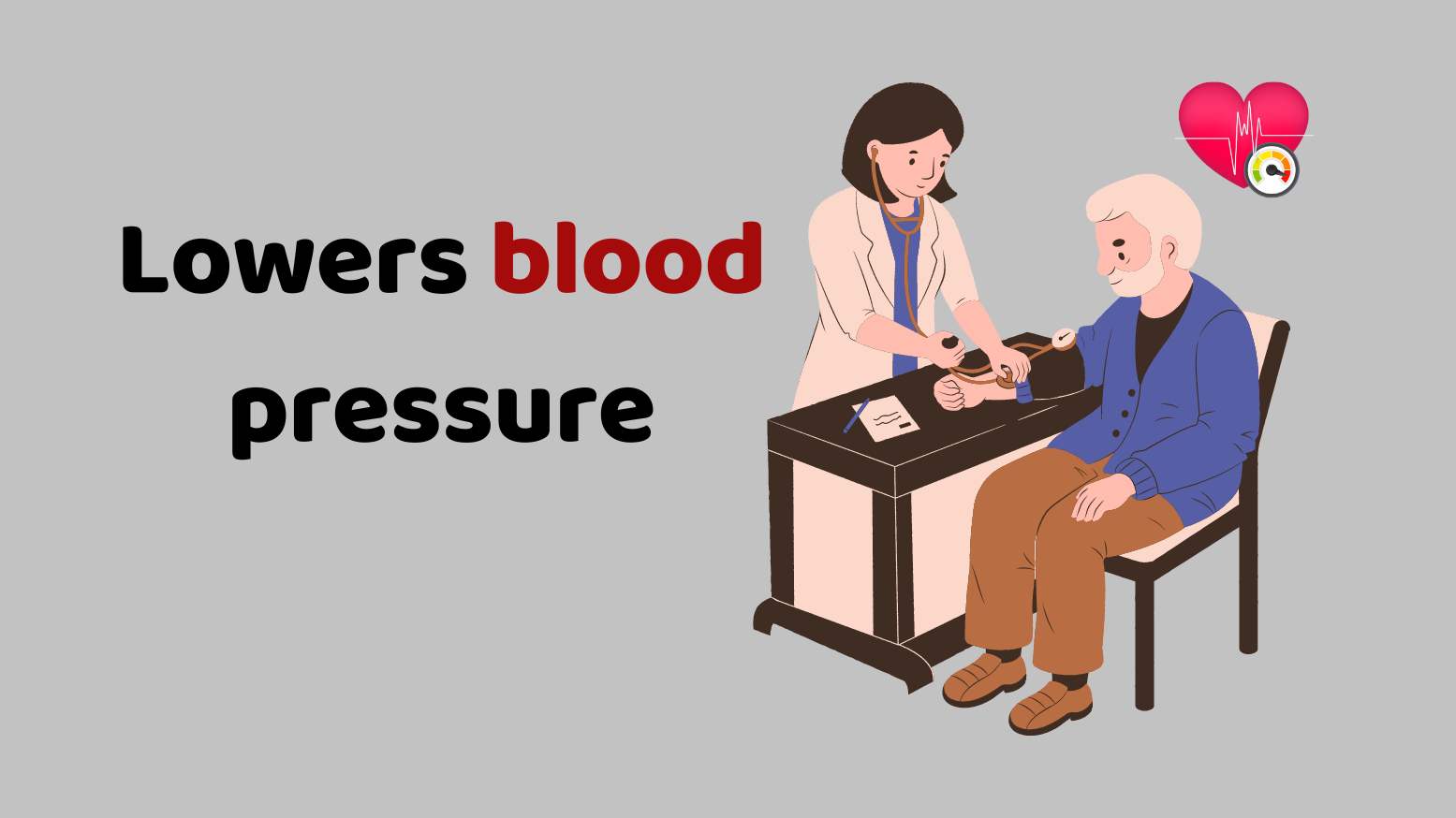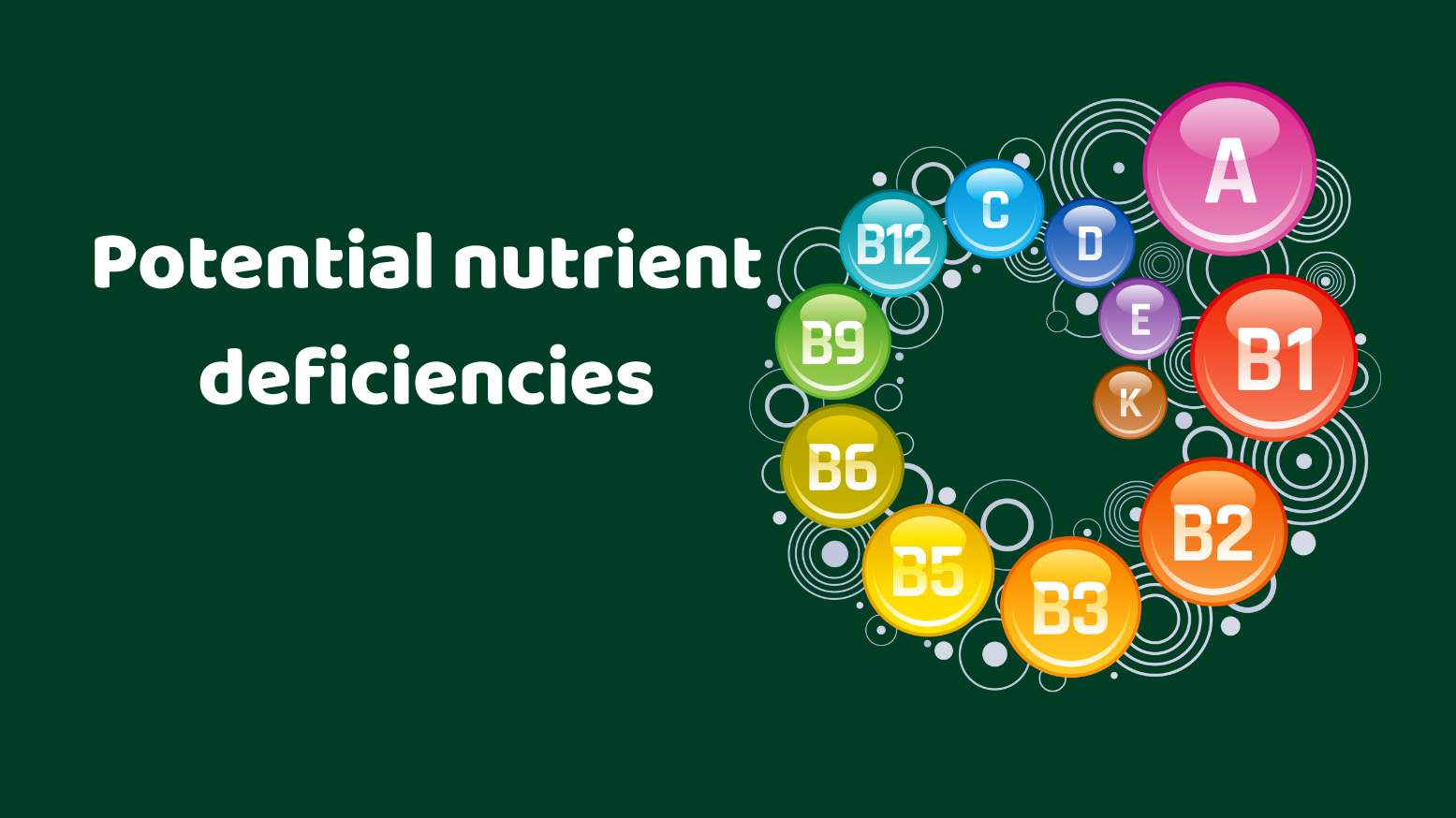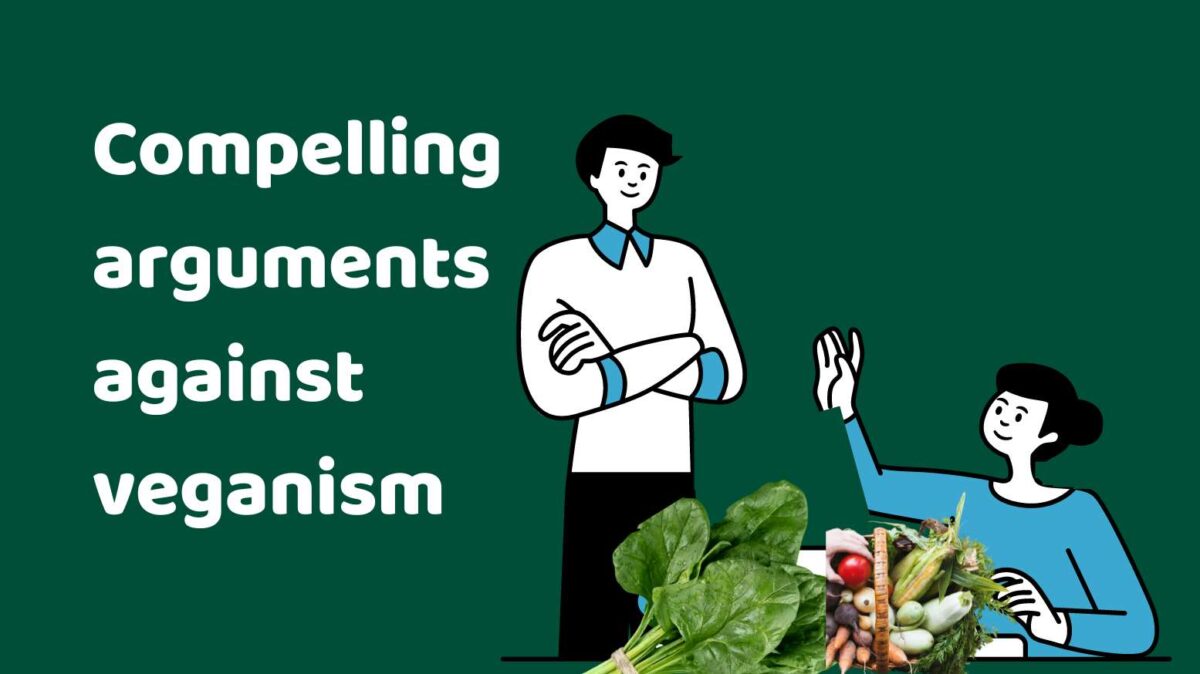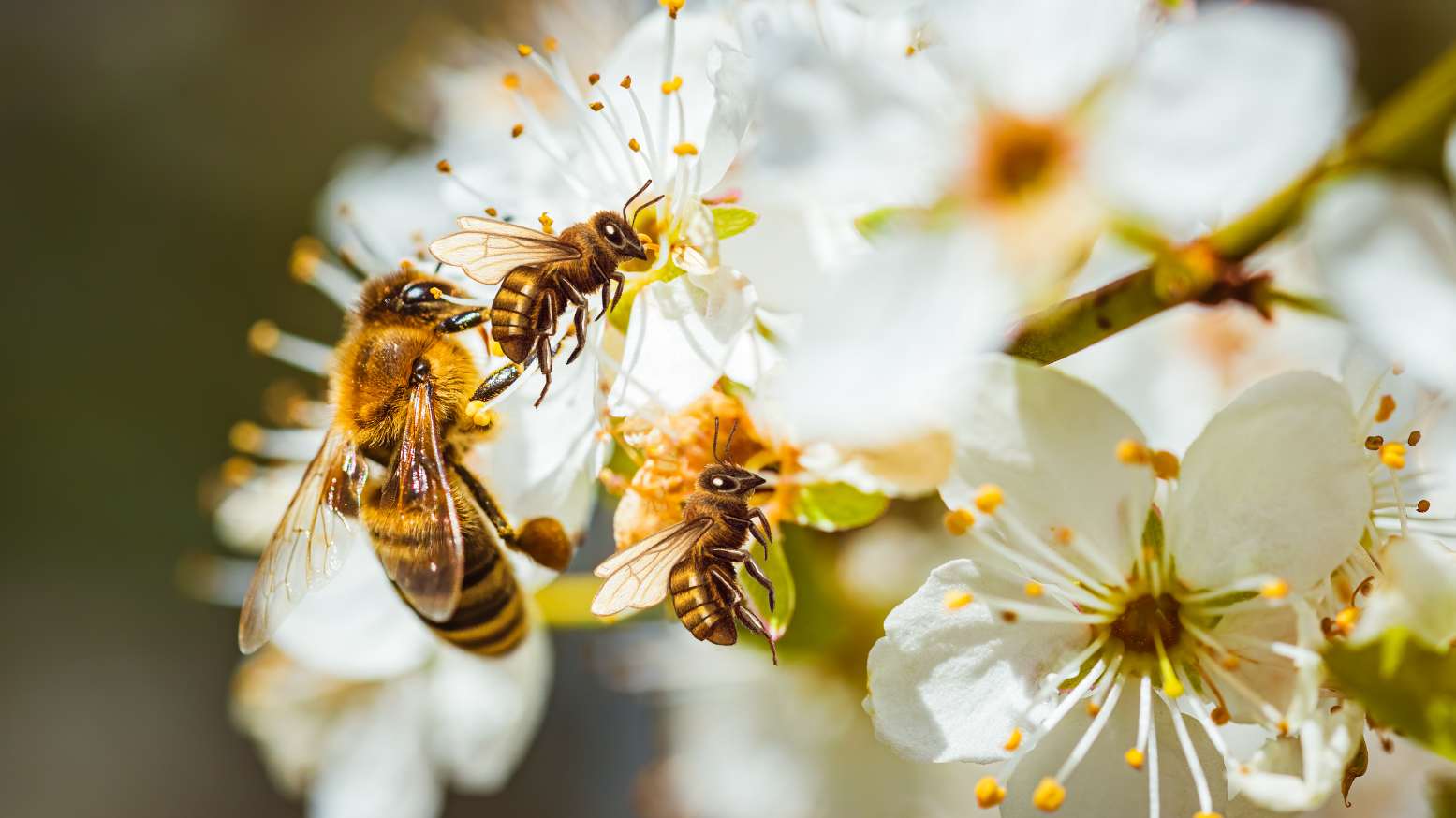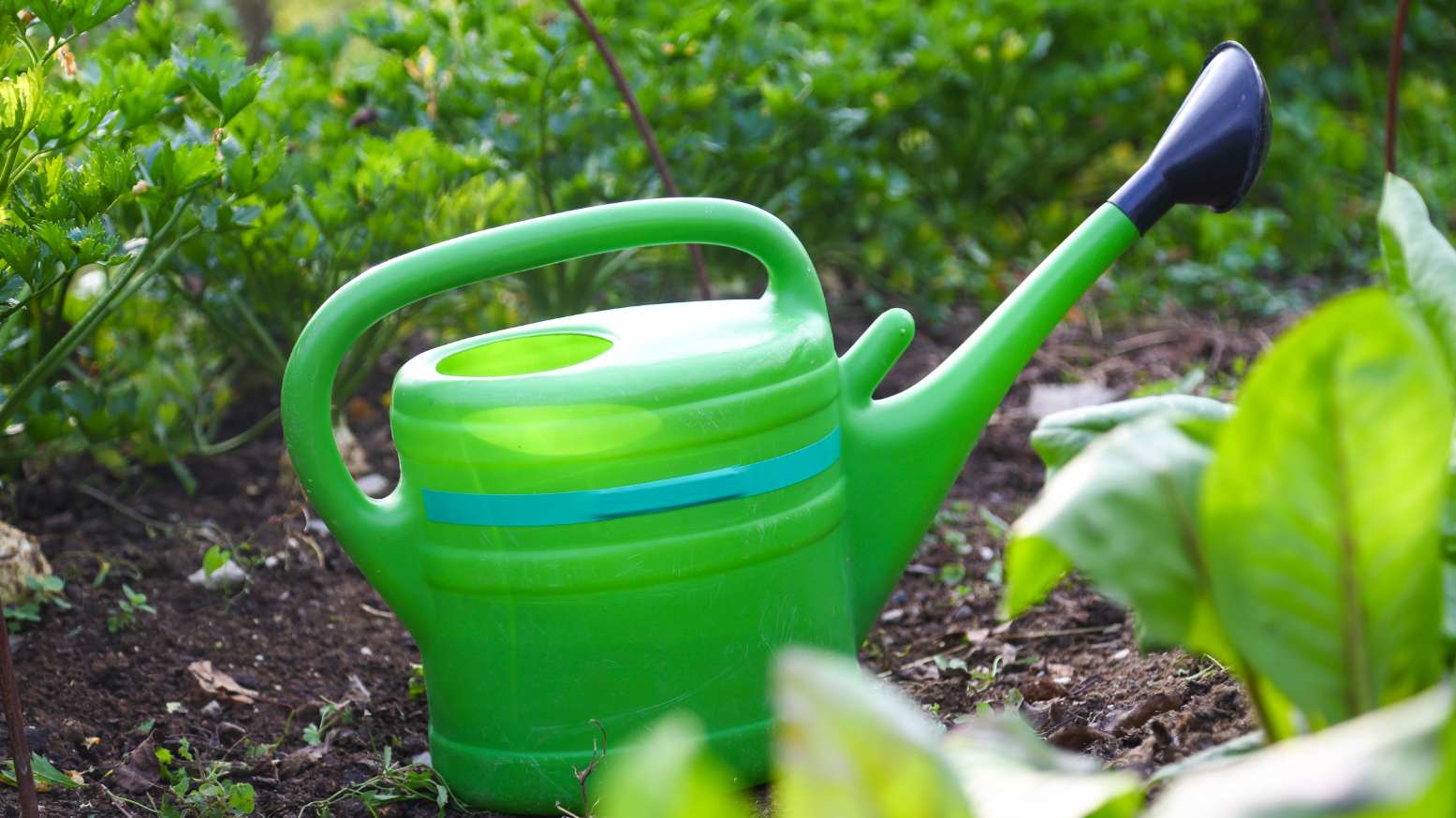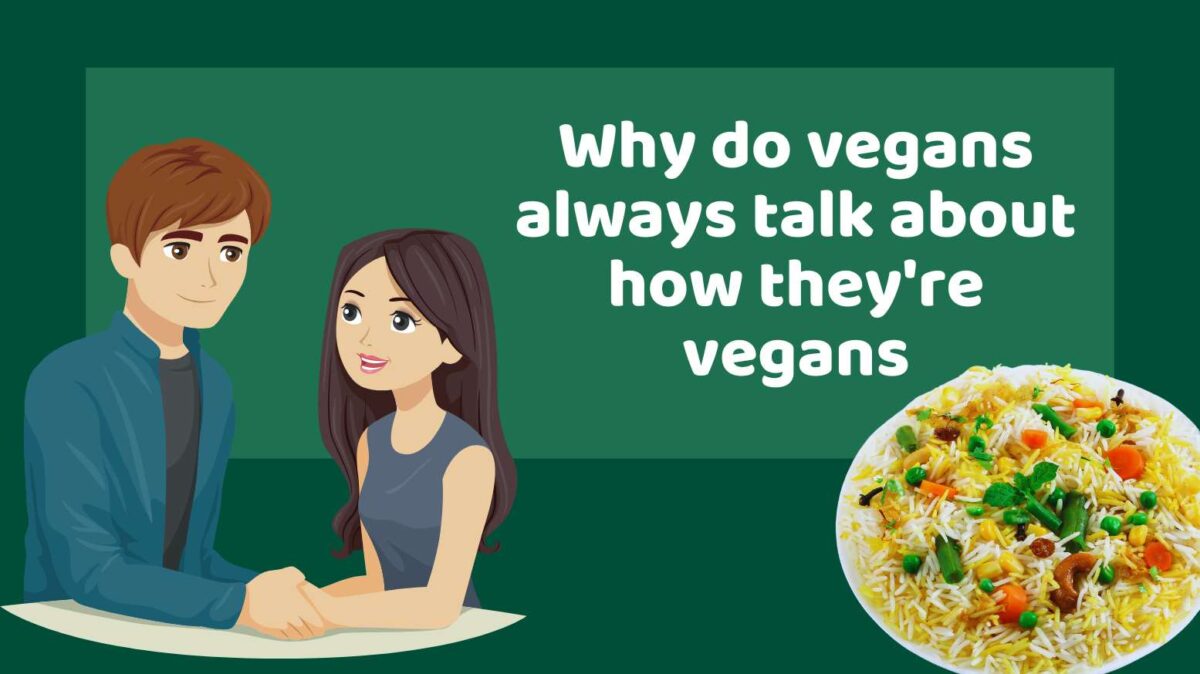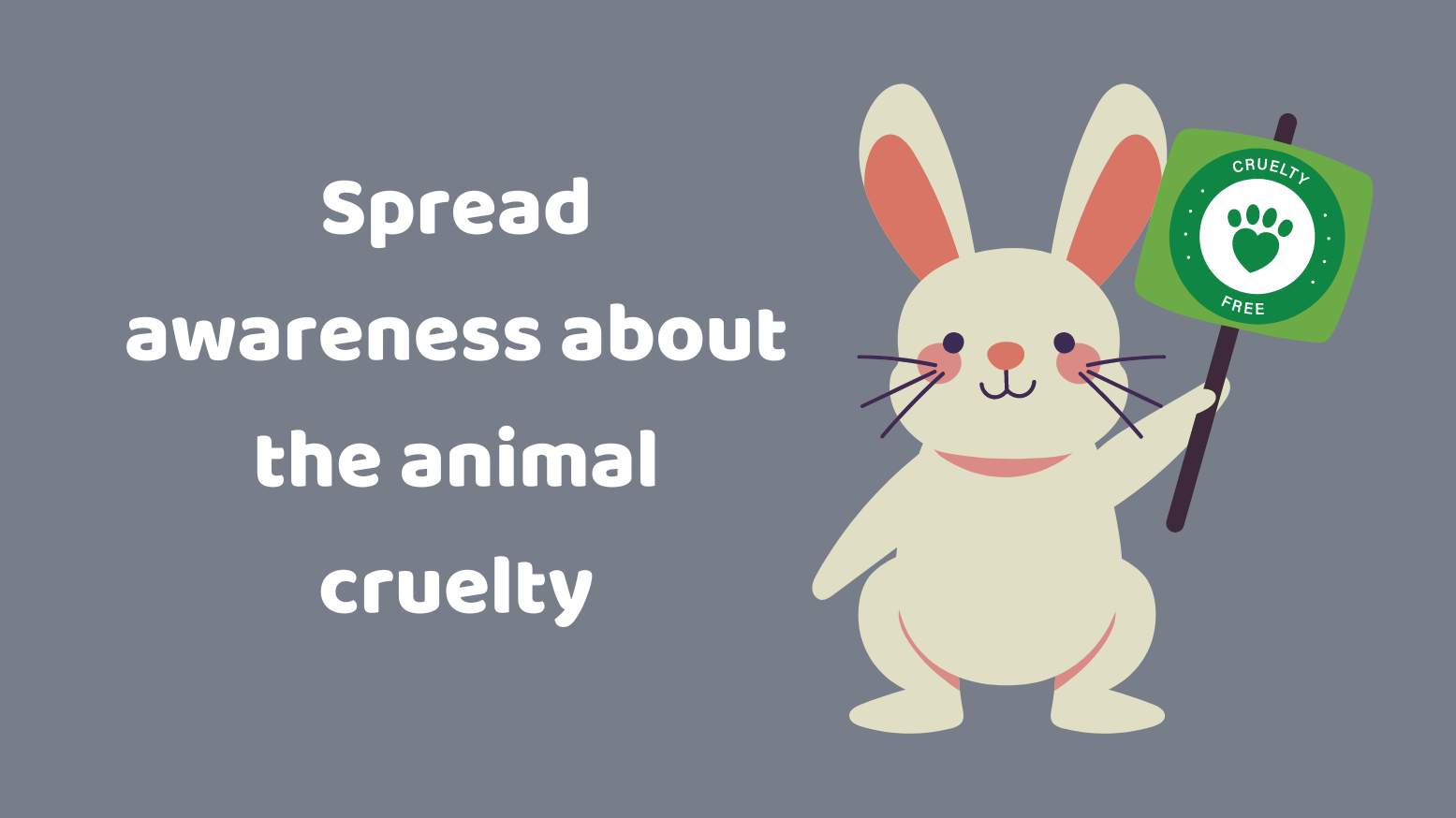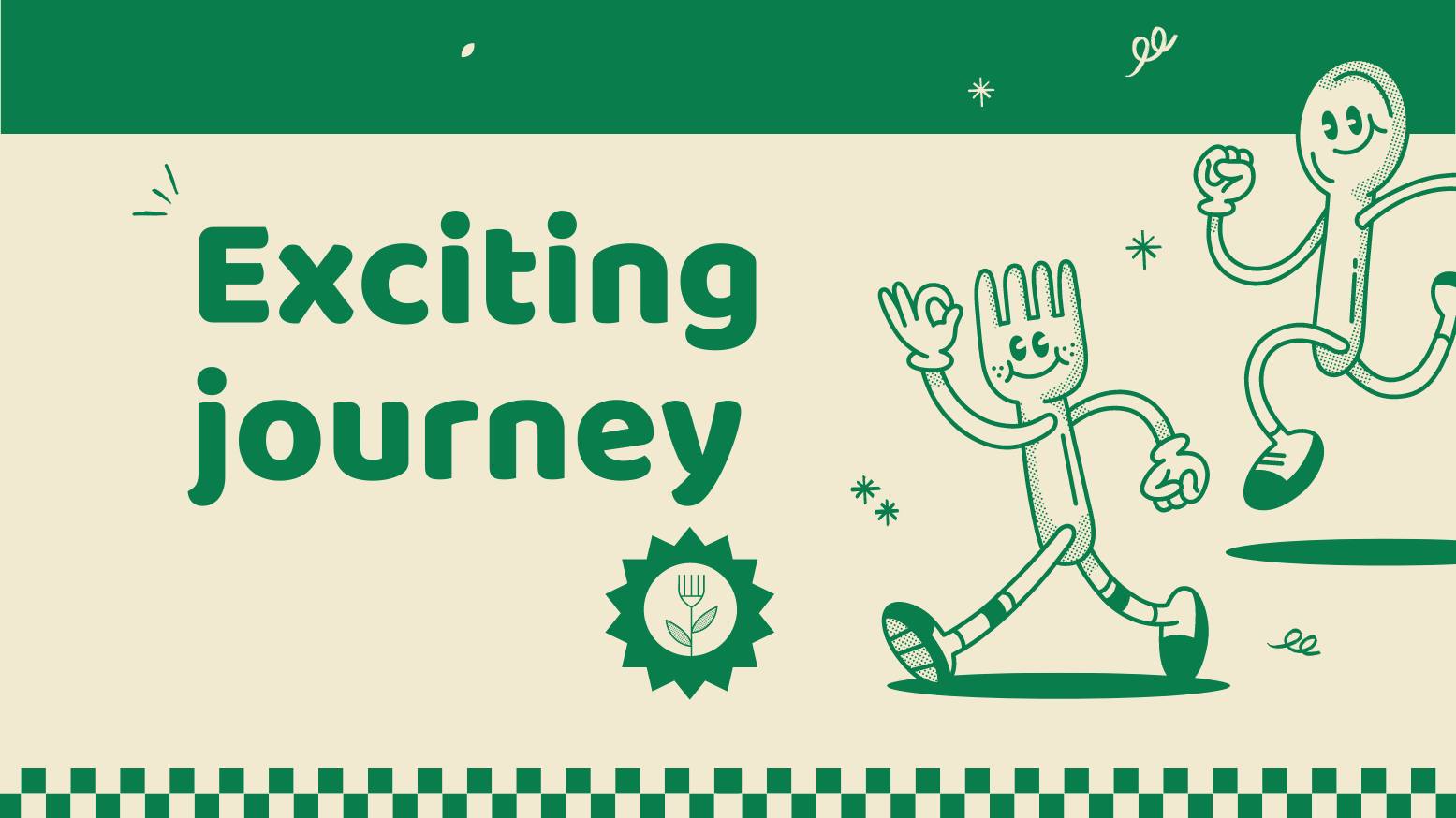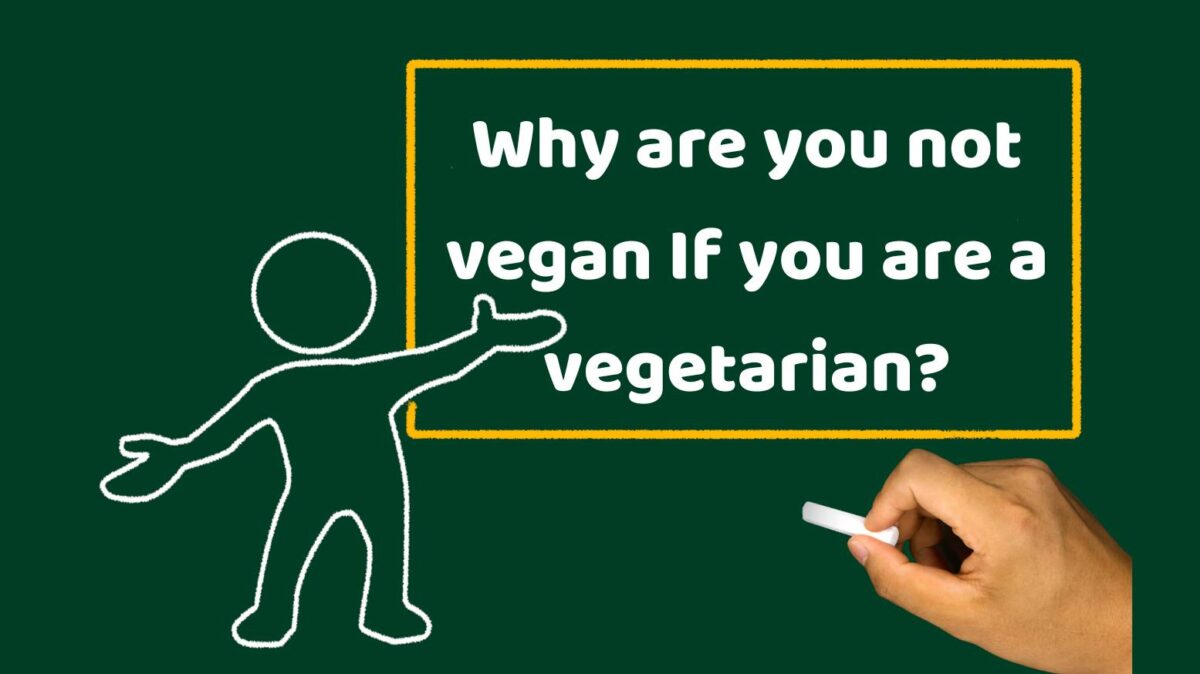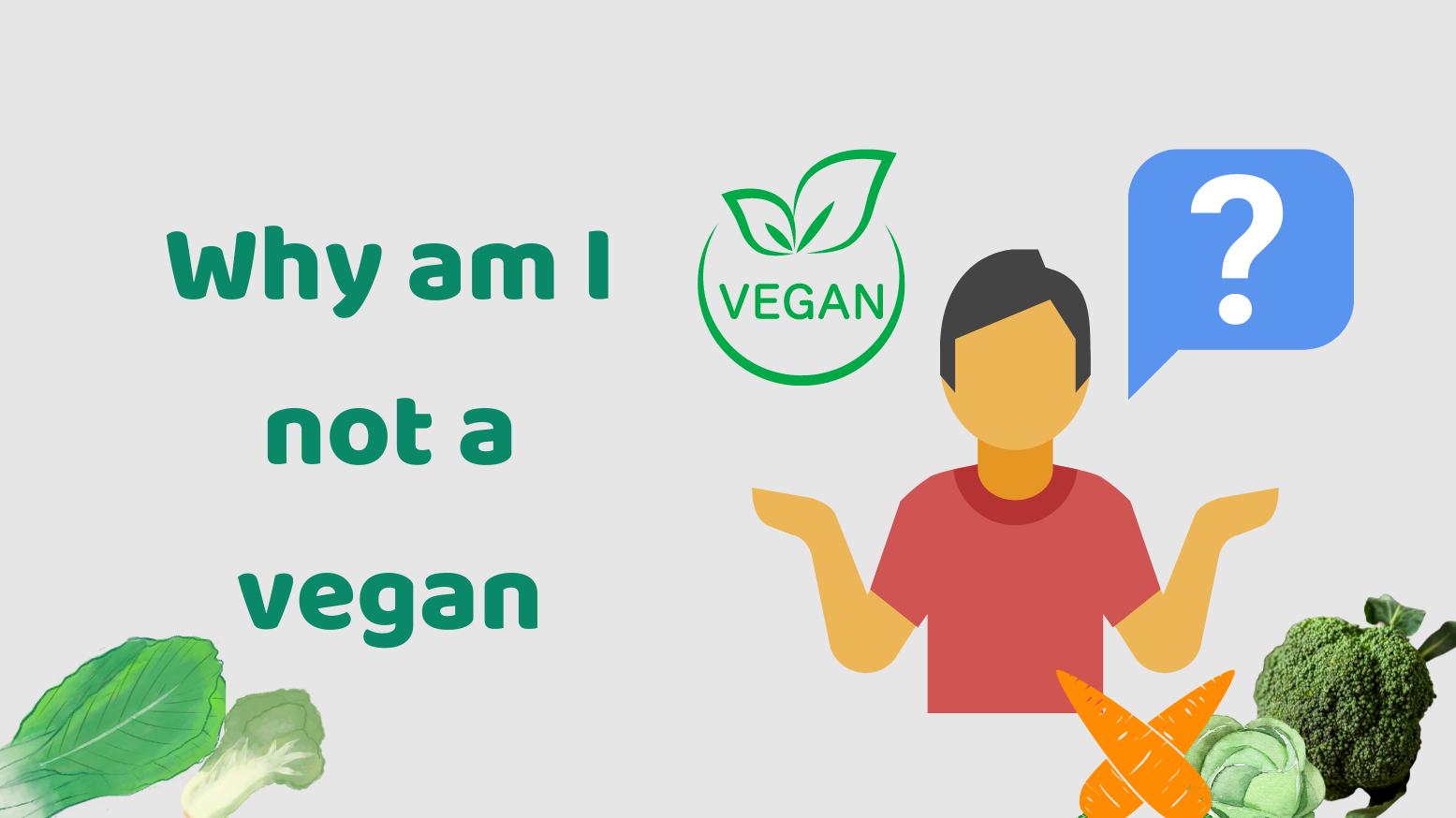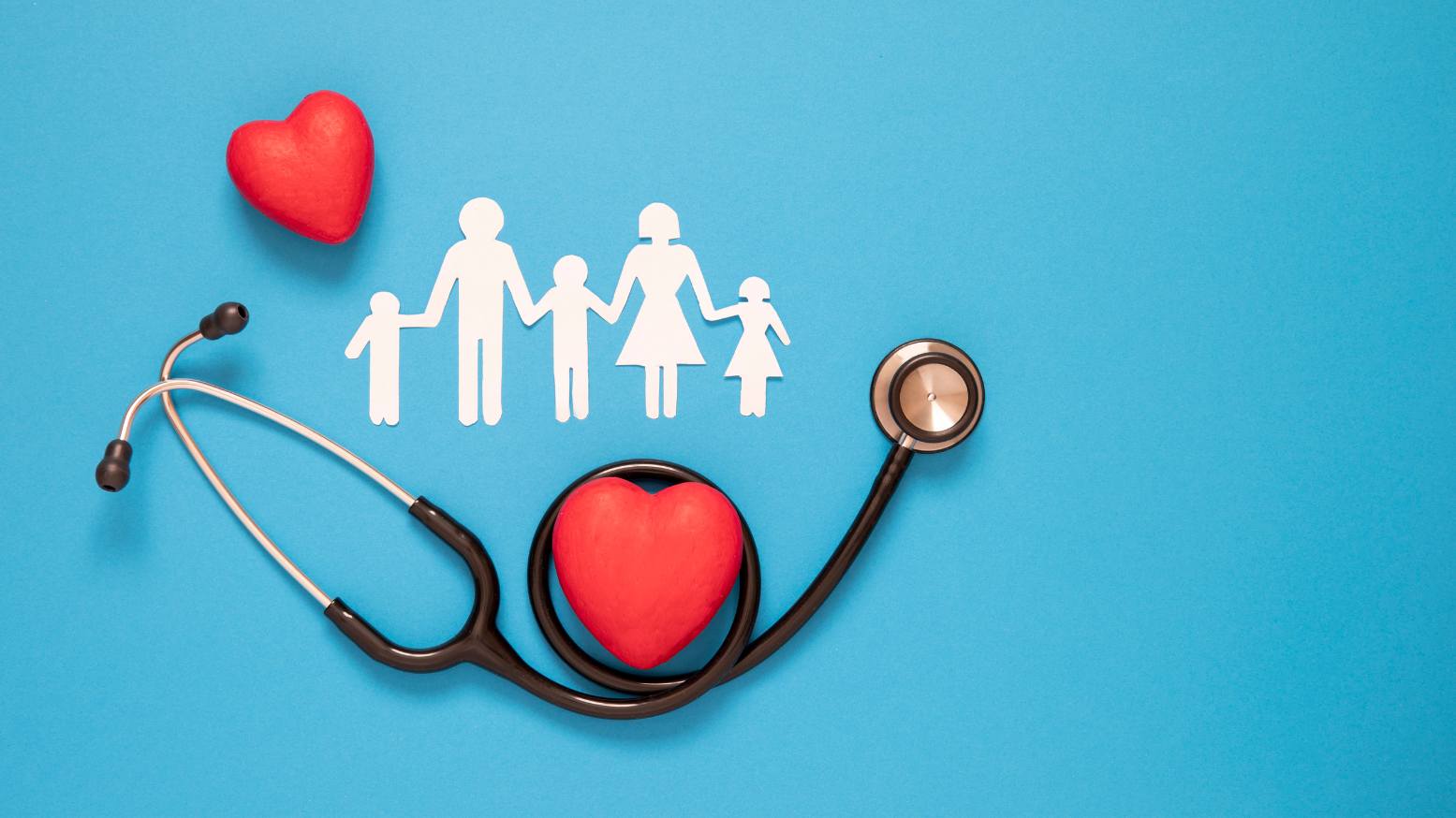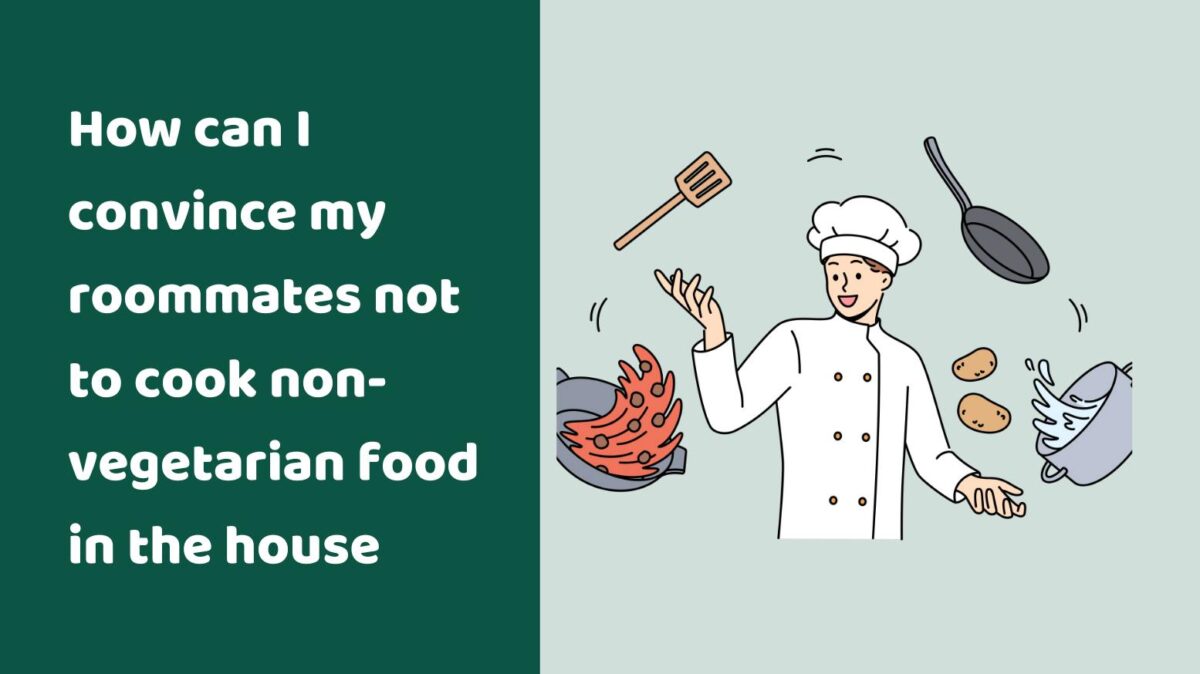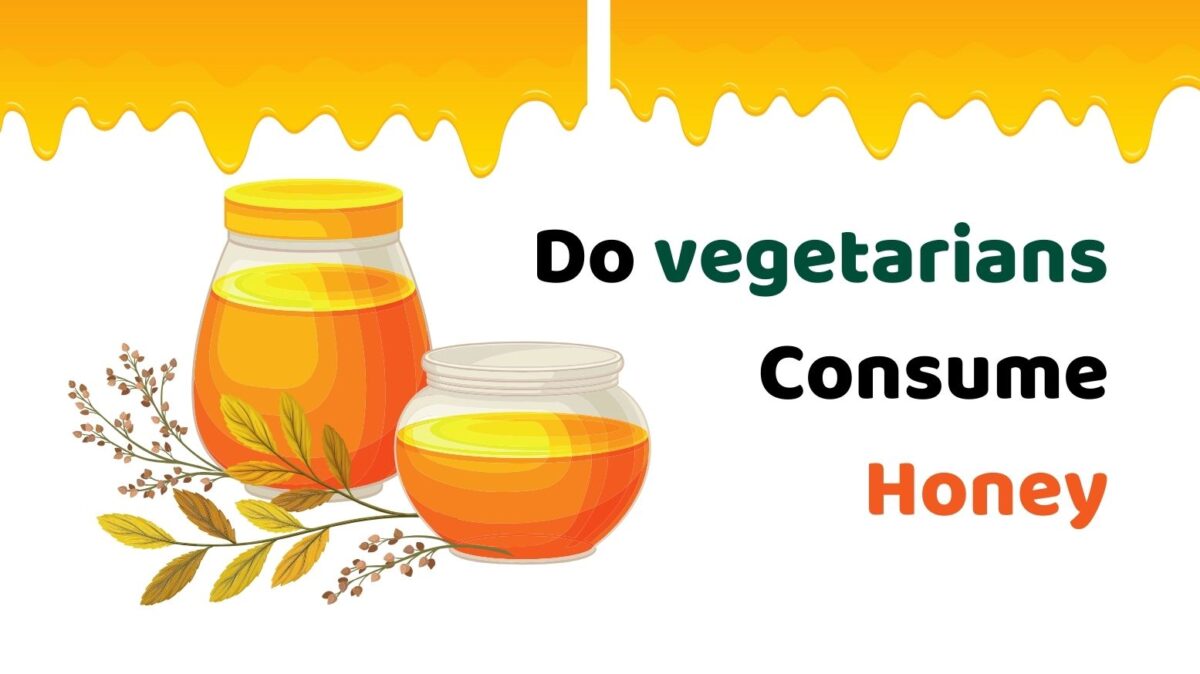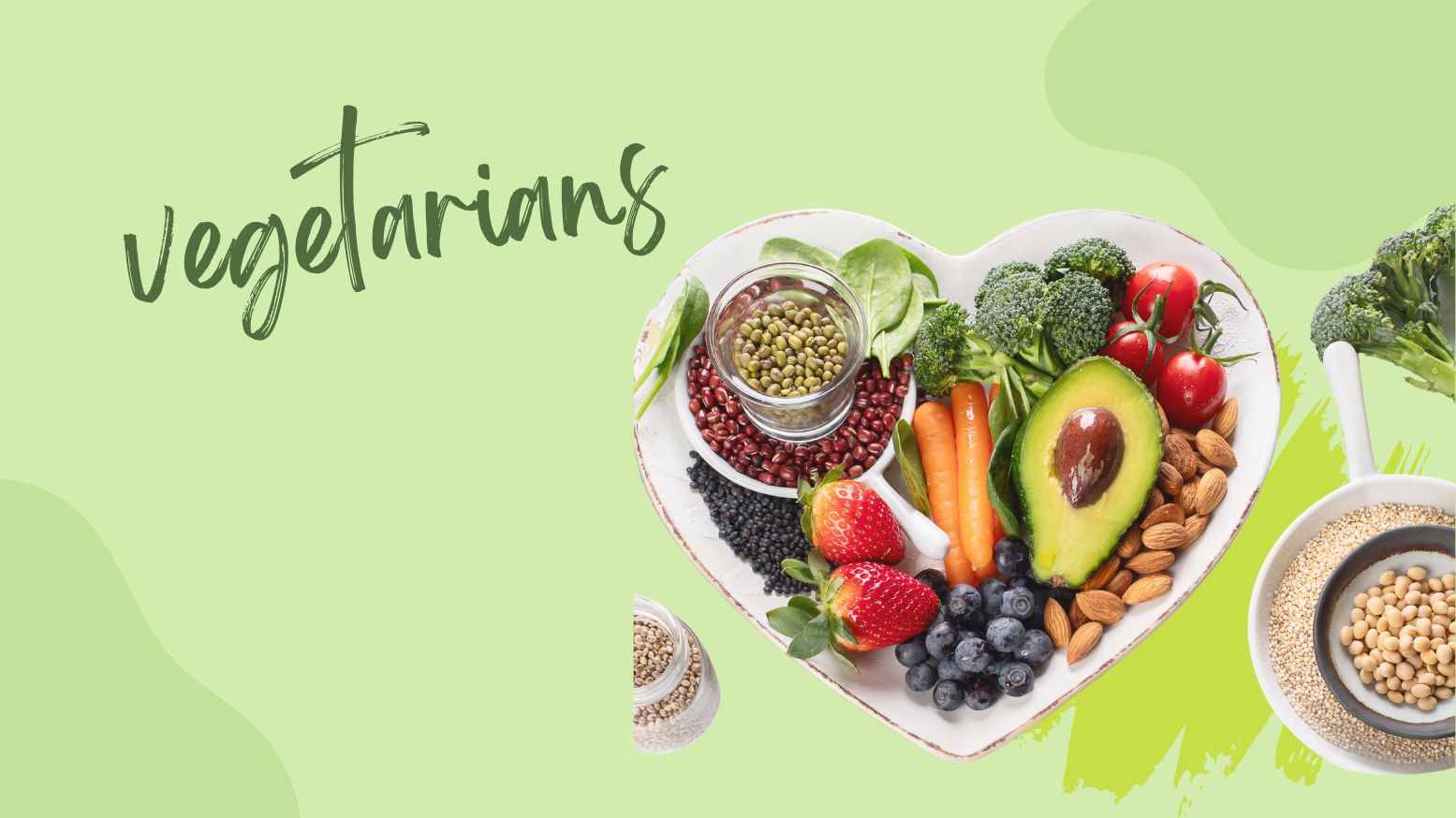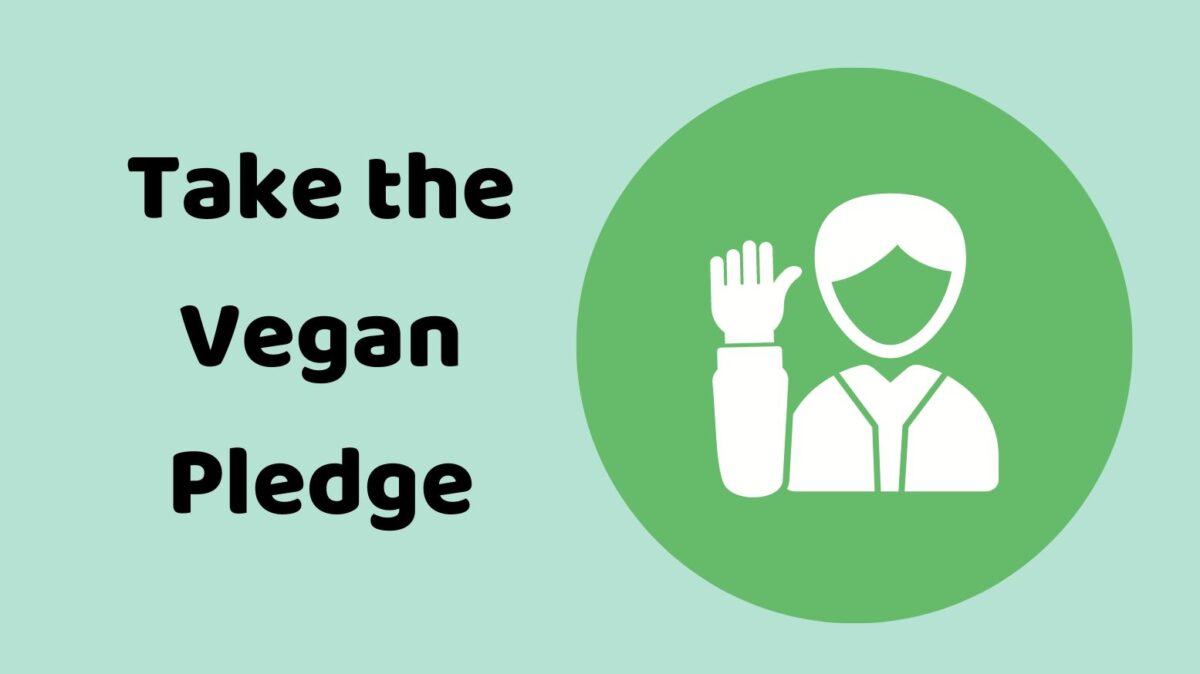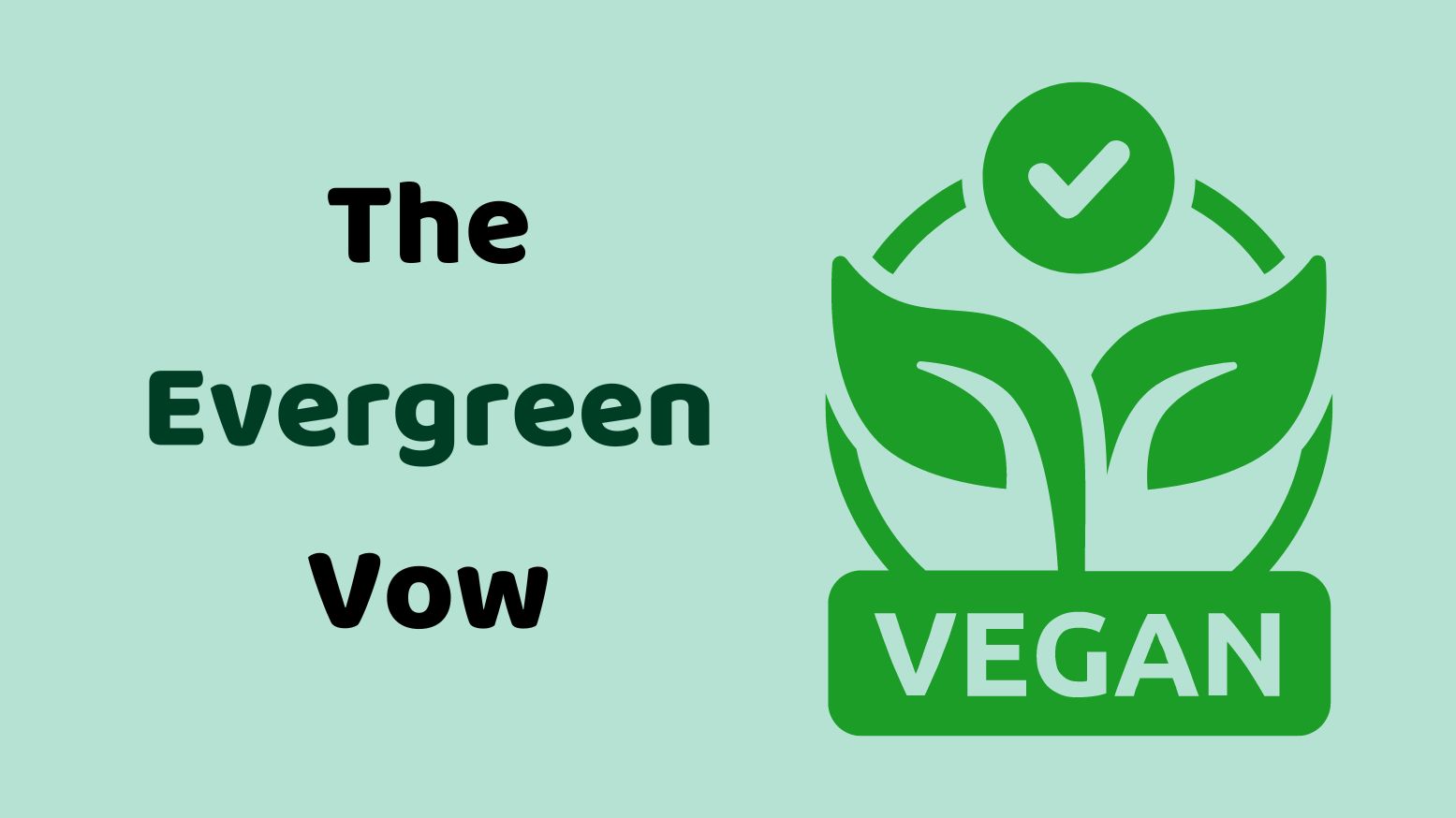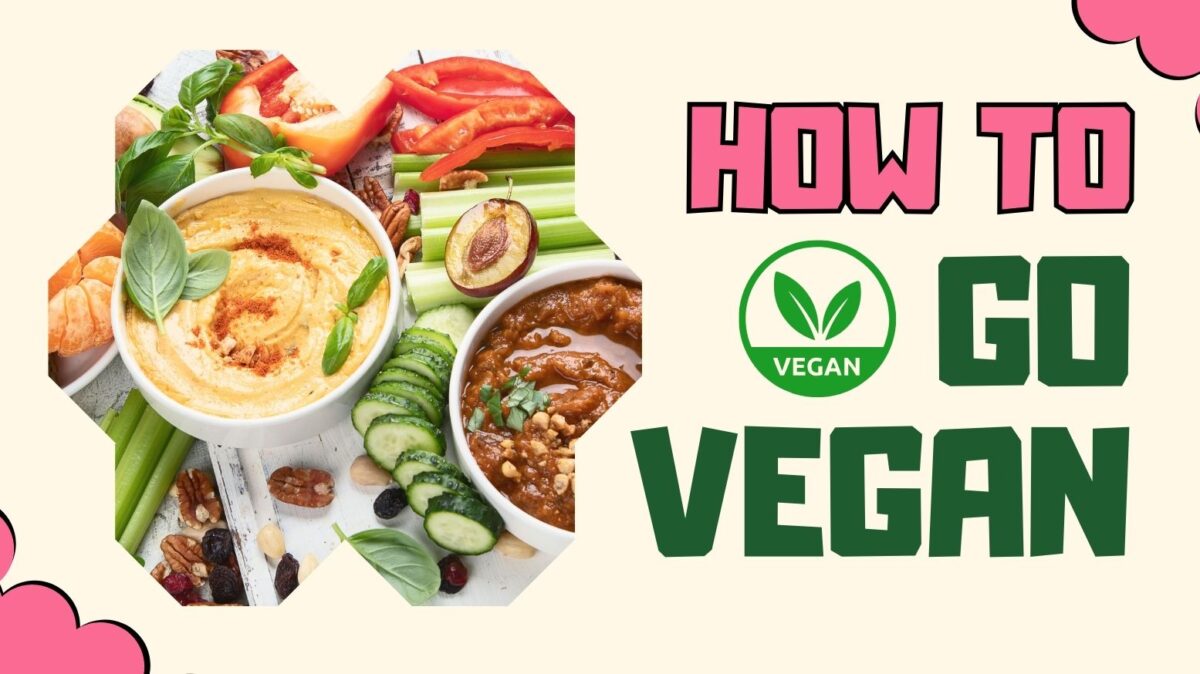Children can be very unpredictable. You never know what they want why they want it and when they want it. But you should always pay attention to what they are asking for. If your child wants to go vegan, be proud cause your child feels safe enough to communicate their desires to you.
There are many things you need to think about when your child feels the need to go vegan. And there is a way you need to go about it. Ensure you do the following when your child tells you they want to go vegan.
Be aware and make them aware of their dietary needs.
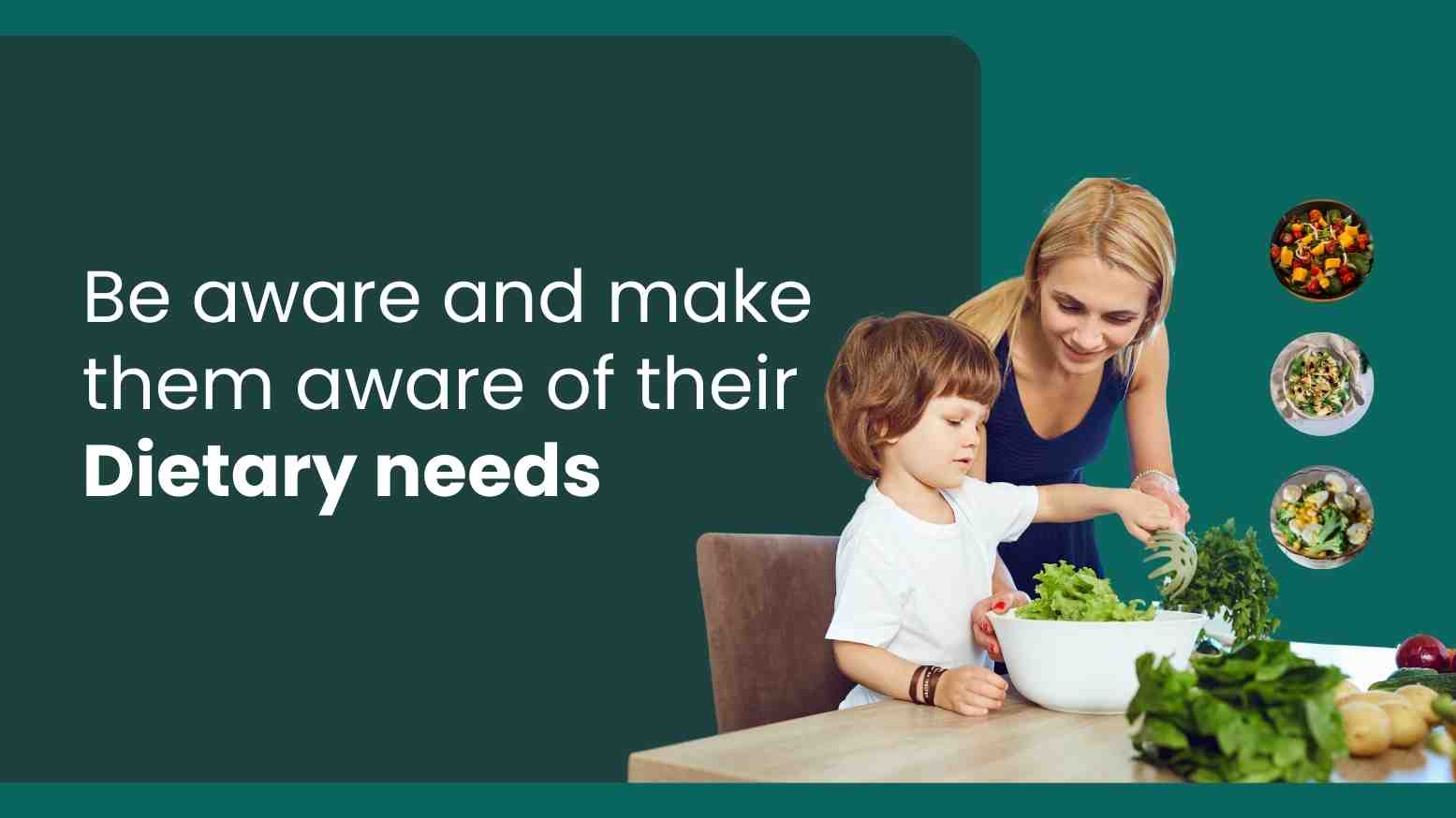
Being a supportive parent is a good thing but you should be aware of your child’s dietary needs. There are good plant-based options that can prevent deficits but, you need to consult a dietician to make sure you’re child does not suffer from any serious deficits.
If your child wants to go vegan, there are some downsides to having a vegan lifestyle. Your child can have calcium, iron, vitamin B12, iodine, and selenium deficits. A child growing up needs all his supplementary needs met so they have a healthy development of the mind and body.
Try to understand their reasoning.
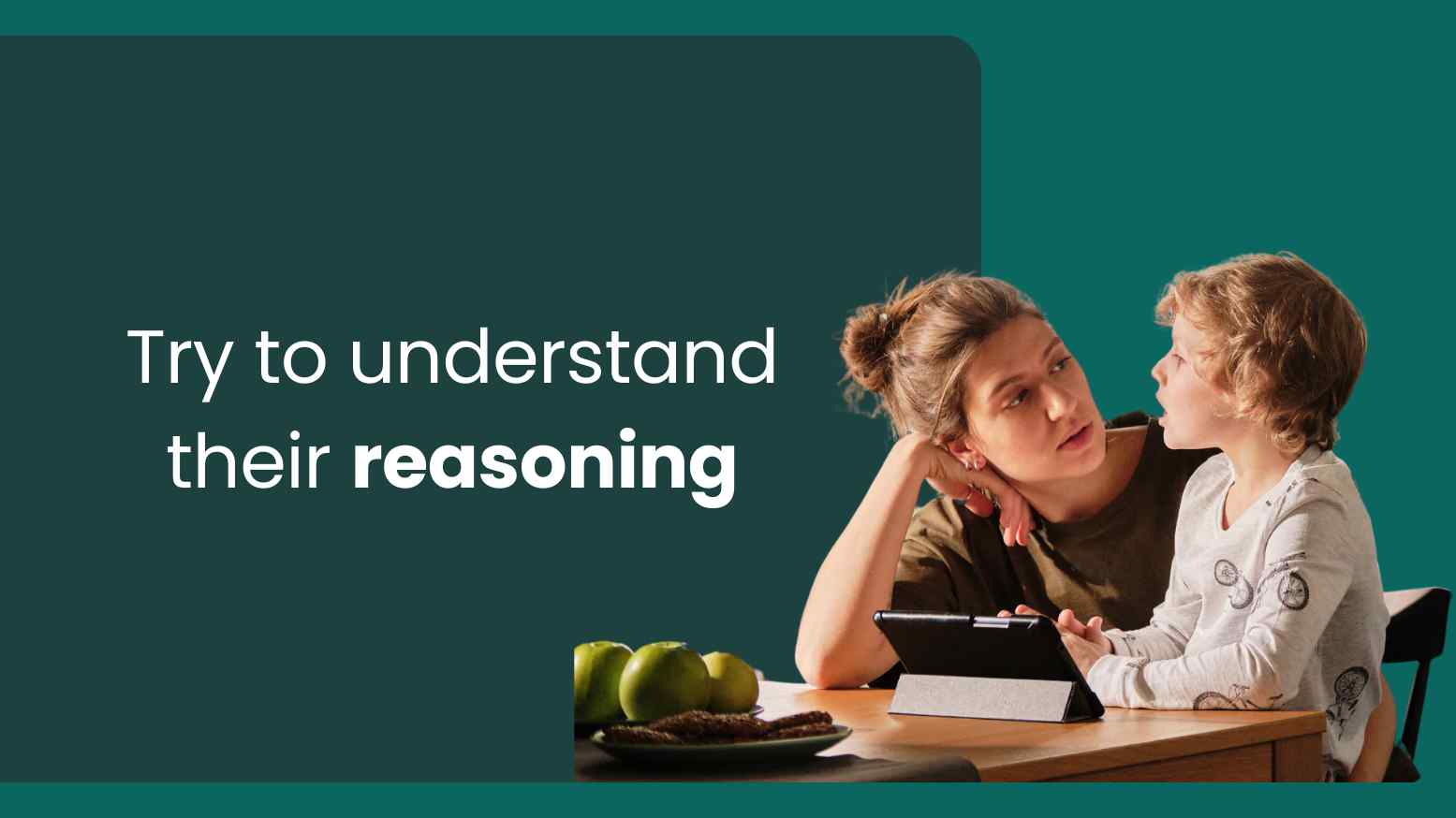
Children are very impressionable. They may have seen their favorite YouTuber go vegan or maybe they read an article on veganism and were moved by the noble cause veganism stands for. Ask and listen to determine how serious they are.
If you think it is just a passing thought, you do not have to worry about the dietary needs and if you think they are serious you can ask to make it a weekly thing so they can have what they want and still meet their dietary needs.
Talk to them about why they want to go vegan. Do not dismiss them or get excited without knowing the reasoning behind it. Validating their idea can make them more confident in themselves.
Be supportive.

Hear them out and be supportive. There are chances of dietary deficit which may happen due to lack of sufficient protein. If you are a meat-eating family, don’t be dismissive by pointing out the diet’s flaws. Instead, teach them what the plant-based substitutes are. You can even learn from them and their research.
This support should continue outside the four walls of your home too. When you are out at a restaurant or a social gathering, seek vegan options for them. You need to advocate for them in unfamiliar situations and explain their diet to anyone curious and demanding.
Try different recipes.
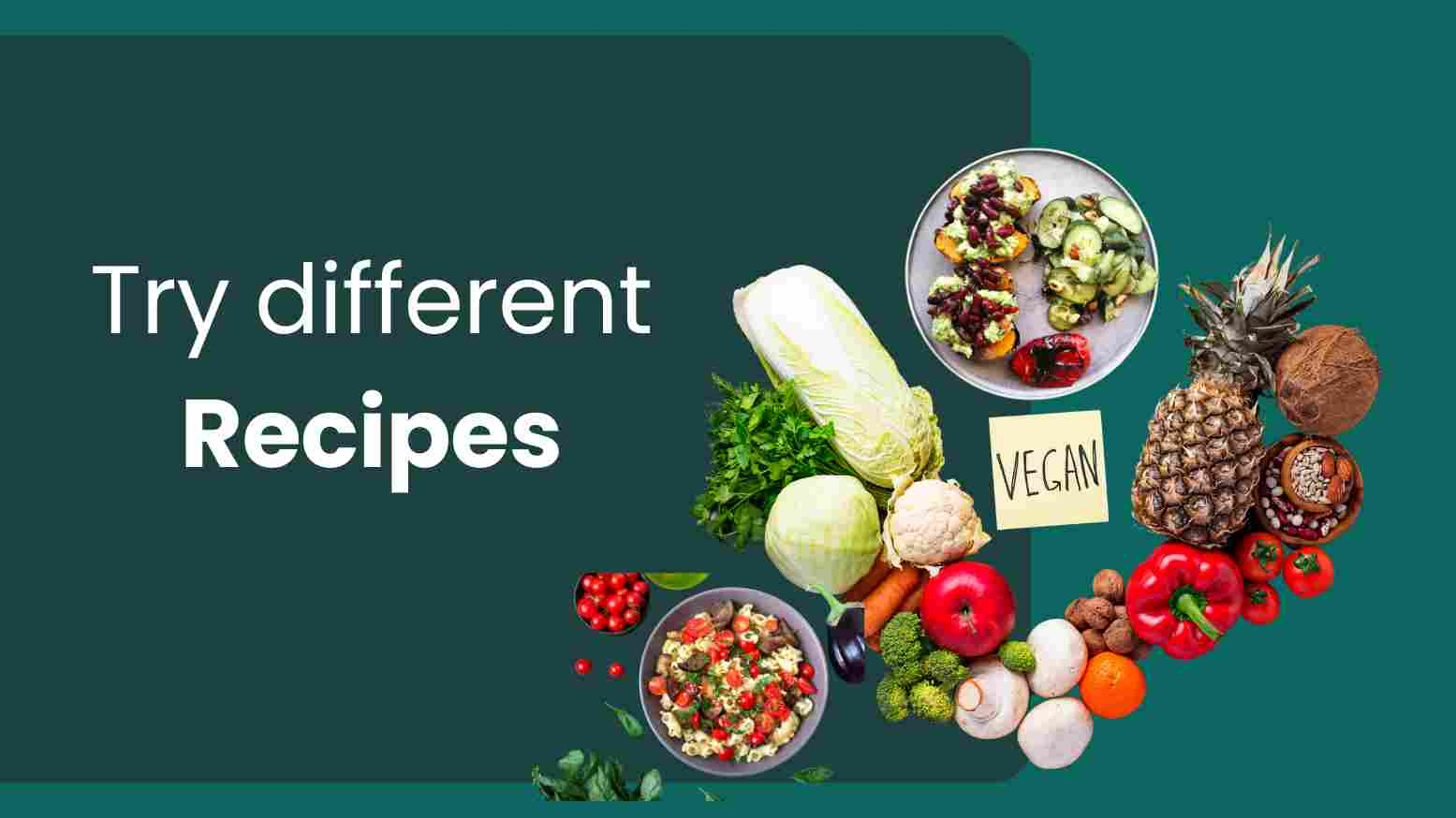
Food brings people together. You can try different vegan recipes. You do not have to be a vegan to prepare and taste vegan dishes. Who knows you may like it and prepare.
Trying new recipes brings adventure into your kitchen, whether it’s the robust spices of vegetable biryani or the warmth of butternut squash risotto. Therefore, put on your apron, cut up some vegetables, and relish discovering new flavors one mouthwatering taste at a time!
If they want to have a vegan diet, talk to them about the pros and cons of the diet. However, if you are a vegan then, it is not advisable to force your lifestyle on them as they have certain dietary needs that need to be met.
If your child wants to go vegan then you should be happy about the empathy your child feels. But just make sure they understand the reasonings for veganism and they are not just being manipulated by an influential figure.
Your child can be a vegan but, you also need to let them know that just in case they do fall short of nutrients, then their diets will be changed because their health comes first. Let them know gently that you can advocate for animals when you are healthy.
FAQs
What happens if a child is vegan?
Those on vegan diets, the researchers discovered, had a healthier cardiovascular risk profile with 25% lower levels of low-density lipoprotein (LDL, or bad cholesterol), than those on omnivorous diets. On the other hand, there was a higher chance of nutritional deficits for the vegan kids.
How do you help someone go vegan?
Describe what it means to be a vegan, which includes giving up all animal products, such as dairy, meat, eggs, and honey. Discuss the possible advantages of a vegan lifestyle for your health, the environment, and ethics.
Can a child go vegan?
Kids can acquire all the nutrients they need from a vegetarian or vegan diet, with special attention to iron, calcium, zinc, vitamin D, B12, and zinc.
What do vegans eat?
Plants (fruits, vegetables, grains, nuts, and seeds) and plant-based foods constitute the foundation of a vegan diet. Vegans abstain from eating foods derived from animals, such as dairy and eggs.
How to live with a vegan?
Making the vegan meal the main course and serving it with cheese or a side of meat is another way to incorporate plant-based options for family members who are not vegans. Pasta recipes can be made vegetarian or vegan by adding the cheese of your choice.
Is it hard to go vegan?
Vegan diets are stringent and might be challenging for individuals who were raised on a typical diet high in animal products.
Is a vegan a lifestyle?
Even though going vegan involves giving up all animal products, being vegan can also involve making more significant lifestyle adjustments.
